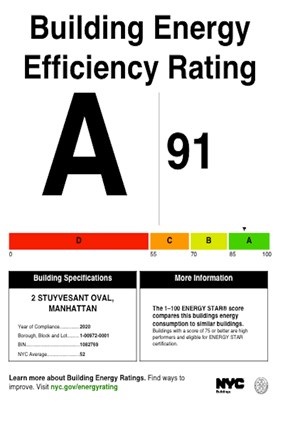
With filings for Local Law 97 and other related energy and environmental regulations looming, many co-op and condo boards may have questions about completing the filings properly and on schedule. While it’s best - crucial, in fact - that you get professional input on this to avoid running afoul of the law, here’s a few things you need to know:
Who’s in Charge?
“When it comes to annual filing for compliance with any local law,” says Matt Cebula, director of energy services at AKAM Management, a national real estate management firm that specializes in residential communities, “management handles all aspects of compliance as part of management services. If, for some reason, filings of this type happen to be outside of your management company’s scope, the best course of action to take would be to engage a professional energy consultant to help your property with the process. Another great resource is the NYC Accelerator, a program launched by the New York City Mayor’s Office of Sustainability, which provides free guidance on making energy-saving changes as well as advisory services to help you understand and ensure your compliance with local laws.”
Give Notice
Management should keep board members informed throughout the whole process and communicate in real time - especially in the event of a problem, explains Cebula. Last year, in advance of letter grades going up, AKAM informed board members of what their expected letter grades would be. If you have full time management, your board should request that management provide preliminary expectations. Cebula suggests this year will be interesting, because most property grades will be higher than last year - thanks to the pandemic shutting down many amenities, many residents fleeing to second homes, leases expiring, etc. He says they’ve already seen an increase in scores, which in turn will be reflected in upcoming letter grades to be posted in October.
Schedules & Filings
Annual filings for Local Law 97 will begin in a few years. In the meantime, there are other related filings which are due shortly. “If your building’s 2018 calendar year emissions are more than 40% above the 2024 caps due to a special circumstance in your building, the property may be eligible for an adjustment of allowable emissions,” says Cebula. “The application for this type of adjustment is due by June 30, 2021. We strongly encourage building owners to consult a registered design professional regarding their eligibility for these adjustments. Applications for buildings eligible for this adjustment are due by July 21, 2021”
Local Law 97 requires buildings to start meeting greenhouse gas emissions caps in 2024 and to begin reporting their compliance beginning May 1, 2025, and by May 1 every year thereafter. However, earlier this week the City confirmed an extension to June 1 for this year. 2025 is really the crucial year where the financial implications kick in.
Every year, property owners must submit the past year’s consumption data for their properties to see how they are progressing towards mandated energy goals. Analyzing and submitting this data helps determine if a building must significantly reduce emissions or if it is already under it for required 2025 and 2030 benchmarks. Importantly, Cebula notes that AKAM is “advising clients and board members not to rely on 2020 data, and instead refer to their 2019 data as a true baseline to determine the path forward, knowing that the 2020 data is flawed due the pandemic’s effect.”
Cebula also points out that many co-op and condominium properties have ground floor commercial spaces and that “It’s important to ensure you have the correct description for your property, especially when it comes to mixed use and commercial spaces specifically. If the commercial area has an operational purpose, it’s vital to disclose what that is, as it affects your overall grade - for instance, if there was a large grocery store in ground floor, that must be accounted for because its energy usage would vary and be higher than, say, having a bank in your ground floor.”
Noncompliance is Not an Option
If a property does not submit their data, they will likely be looking at fines as there are penalties for non-compliances for LL97, which then translates to non-compliance for the letter grade laws, explains Cebula. There is no requirement to report this information, but it’s highly recommended for the best outcome, and to avoid any non-compliance penalties and fees.
In terms of the actual data reported, there isn’t any negative impact to discovering that your property is over the threshold permitted for any given year, but the property might be subject to high penalties which would need to be paid annually. Every building is given its own allowable emission limit, and this will not change based on what is reported. Limits are, of course, subject to change.
In the final analysis, as with any other requirement under New York City regulations and laws, the best path is to provide the information sought by the City. Board members should rest easy that their management persons are on top of this. If you self-manage and are subject to the regulations, the best bet may be to hire an energy consultant and get your filings in on time.




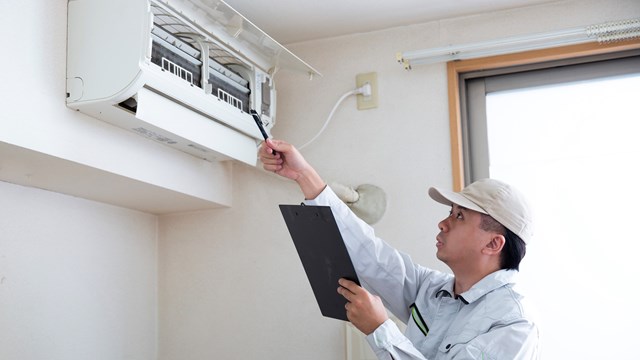
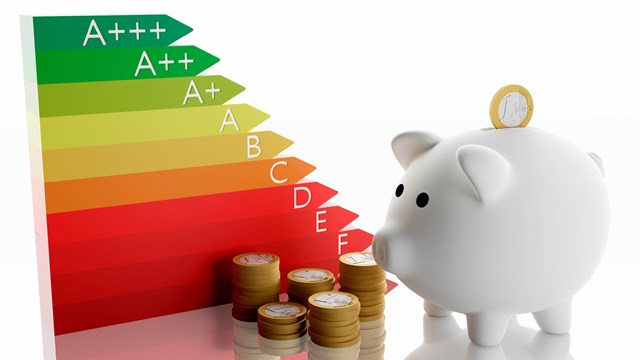
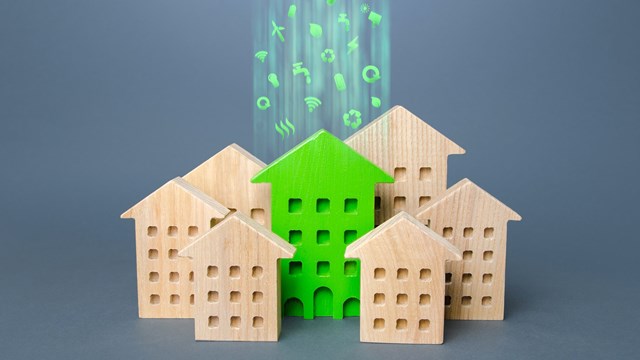
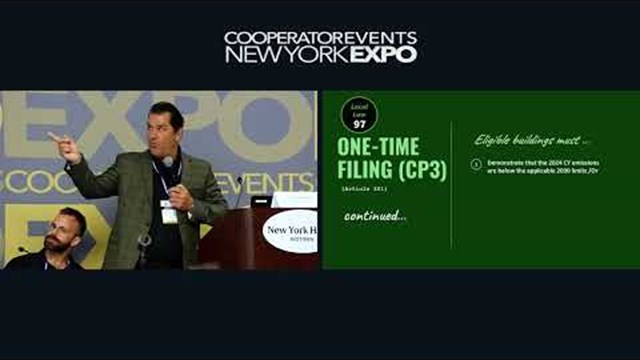
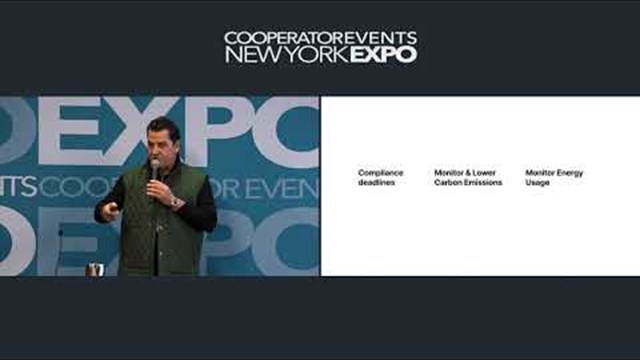
Leave a Comment